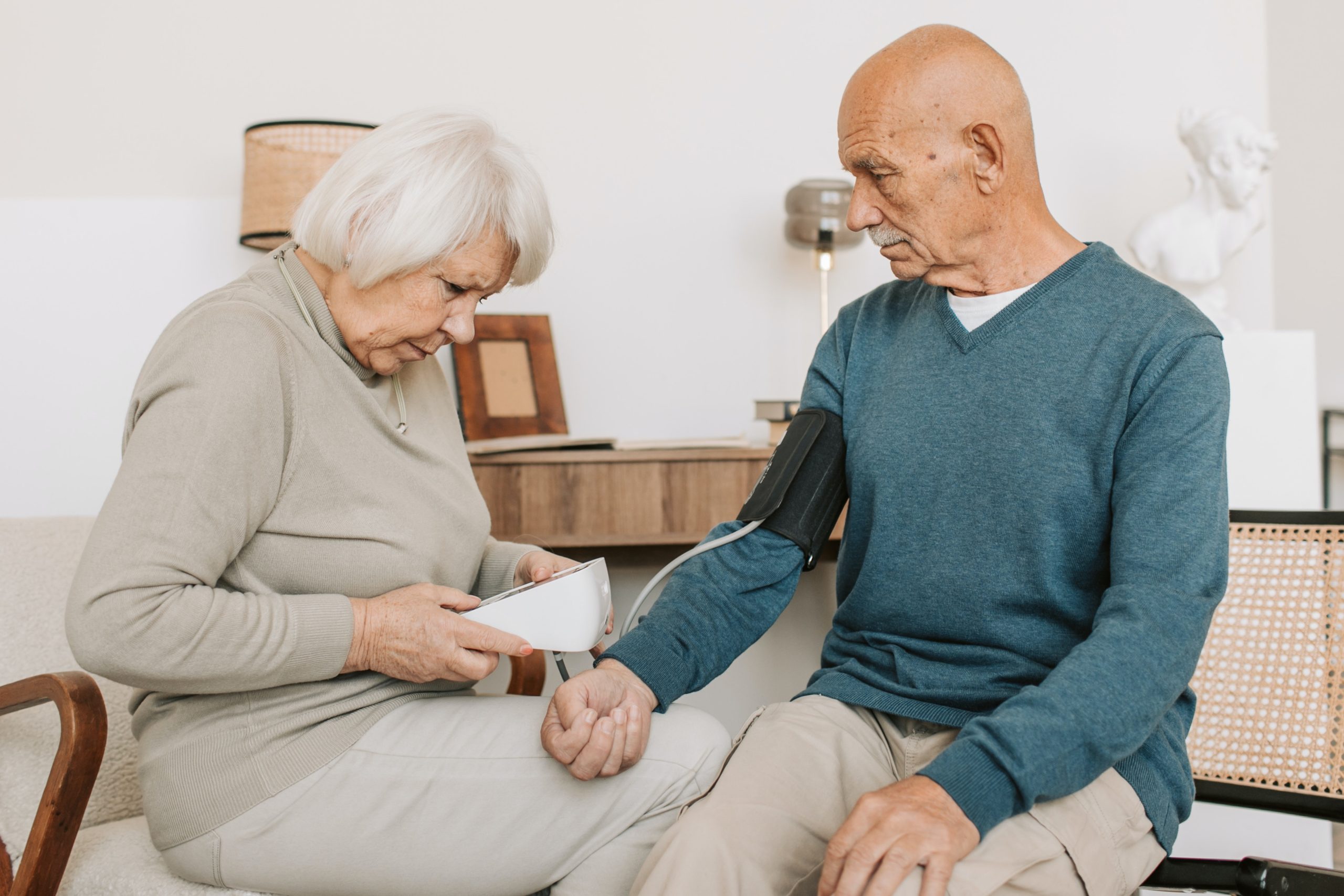The Importance of Communication in Alzheimer’s Care: Strategies for Effective Interaction

The image is not directly related to the article. It merely symbolizes the life of elderly people.
The Importance of Communication in Alzheimer’s Care: Strategies for Effective Interaction
Why is communication important in Alzheimer’s care?
Communication is crucial in Alzheimer’s care because it helps maintain a sense of connection and understanding between caregivers and individuals with Alzheimer’s. Effective communication techniques can reduce frustration, anxiety, and confusion for both parties, improving the overall quality of life for those affected by the disease.
What are some communication strategies for interacting with individuals with Alzheimer’s?
– Use simple and concise language: Speak slowly and clearly, using short sentences and simple words to enhance comprehension.
– Maintain a calm and positive tone: Approach conversations with patience and a gentle demeanor to create a relaxed environment.
– Use visual cues: Incorporate gestures, facial expressions, and visual aids to support verbal communication.
– Be a good listener: Give the person enough time to respond and avoid interrupting. Show empathy and understanding.
– Provide reassurance: Use comforting words and gestures to alleviate anxiety and build trust.
– Avoid correcting or arguing: Instead of correcting factual errors or arguing, focus on validating the person’s feelings and emotions.
– Use non-verbal communication: Physical touch, such as holding hands or giving hugs, can convey love and support even when words may not be understood.
How can caregivers adapt their communication as Alzheimer’s progresses?
As Alzheimer’s progresses, communication abilities may decline. Caregivers should adapt their communication by:
– Using non-verbal cues and physical touch more often.
– Using visual aids, such as photographs or written reminders.
– Simplifying language even further and using familiar terms or phrases.
– Using alternative forms of communication, such as music, art, or other creative outlets.
– Being patient and allowing more time for the person to process information and respond.
– Modifying the environment to minimize distractions and create a calm atmosphere.
– Seeking professional guidance and attending support groups to learn new techniques and gain support.
What are some common barriers to effective communication in Alzheimer’s care?
– Memory loss: Individuals with Alzheimer’s may struggle to remember recent events or conversations, making it challenging to maintain continuity in communication.
– Language difficulties: As the disease progresses, individuals may have difficulty finding the right words or following complex sentences.
– Emotional changes: Alzheimer’s can cause mood swings and emotional instability, leading to communication barriers and misunderstandings.
– Sensory impairments: Hearing or vision loss can further hinder communication and understanding.
– Environmental factors: Noisy or busy environments can make it difficult for individuals with Alzheimer’s to concentrate and communicate effectively.
What resources are available to help caregivers improve their communication skills?
There are numerous resources available to help caregivers improve their communication skills when caring for someone with Alzheimer’s:
– Support groups: Joining support groups allows caregivers to connect with others in similar situations, share experiences, and learn from each other.
– Alzheimer’s organizations: Organizations like the Alzheimer’s Association offer educational materials, workshops, and online resources specifically focused on communication strategies.
– Caregiver training programs: Many community centers or healthcare facilities provide training programs that teach effective communication techniques for Alzheimer’s care.
– Speech and language therapists: These professionals can provide individualized guidance and therapy to improve communication skills for both caregivers and individuals with Alzheimer’s.
– Books and online articles: There are numerous books and articles available that provide practical tips and guidance for communicating with individuals with Alzheimer’s.
The image is not directly related to the article. It merely symbolizes the life of elderly people. The Importance of Communication in Alzheimer’s Care: Strategies for Effective Interaction Why is communication important in Alzheimer’s care? Communication is crucial in Alzheimer’s care because it helps maintain a sense of connection and understanding between caregivers and individuals…
Recent Posts
- Empowering Caregivers: The Best Online and Offline Resources to Enhance Your Skills
- Traveling with a Purpose: The Rise of Volunteer Vacations
- Breaking Stigma: Dispelling Myths about Mobility Aids and Disability
- Avoiding Probate: How Trusts Can Simplify the Estate Settlement Process
- Senior Citizens Beware: Common Financial Scams and How to Stay Protected

